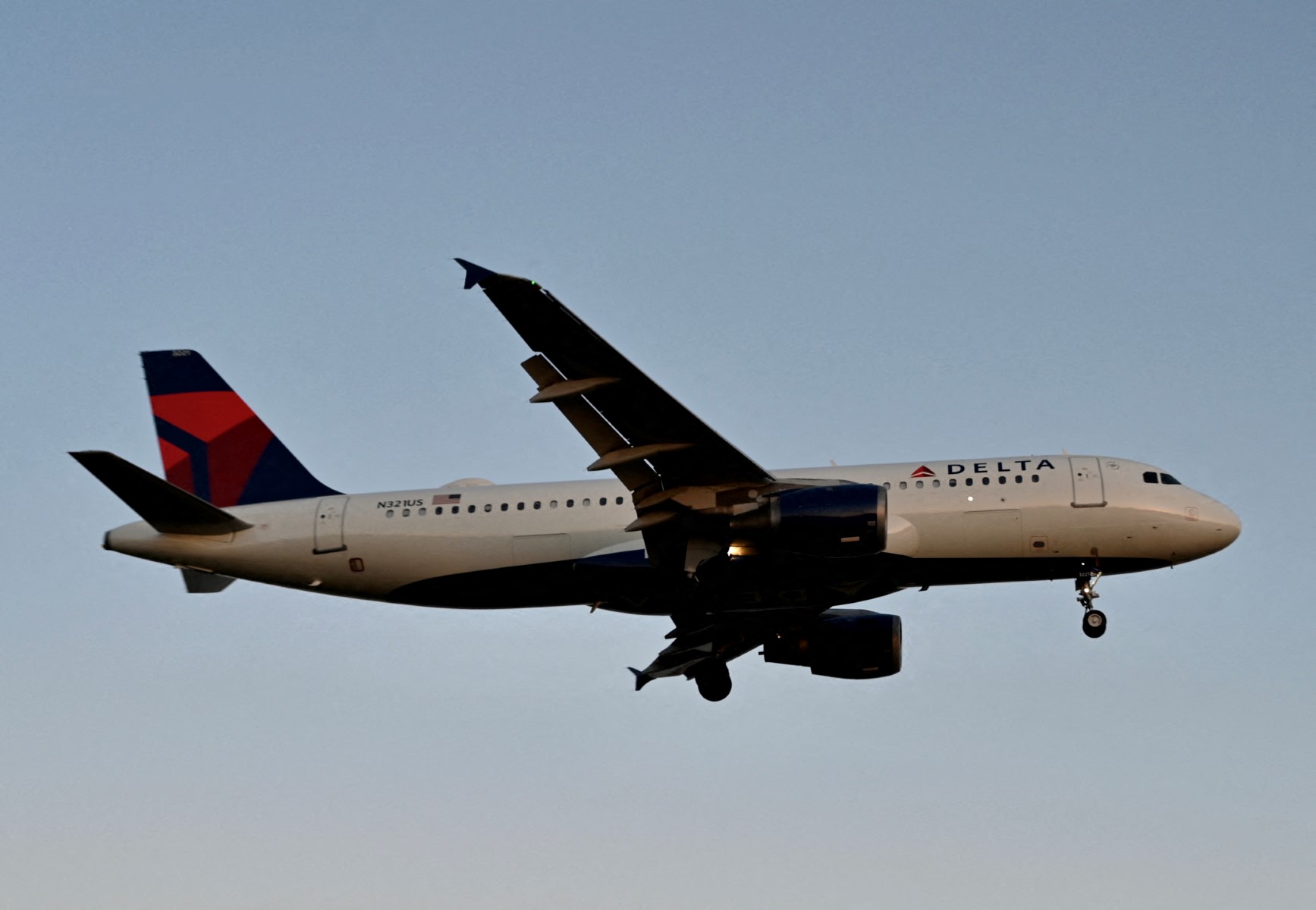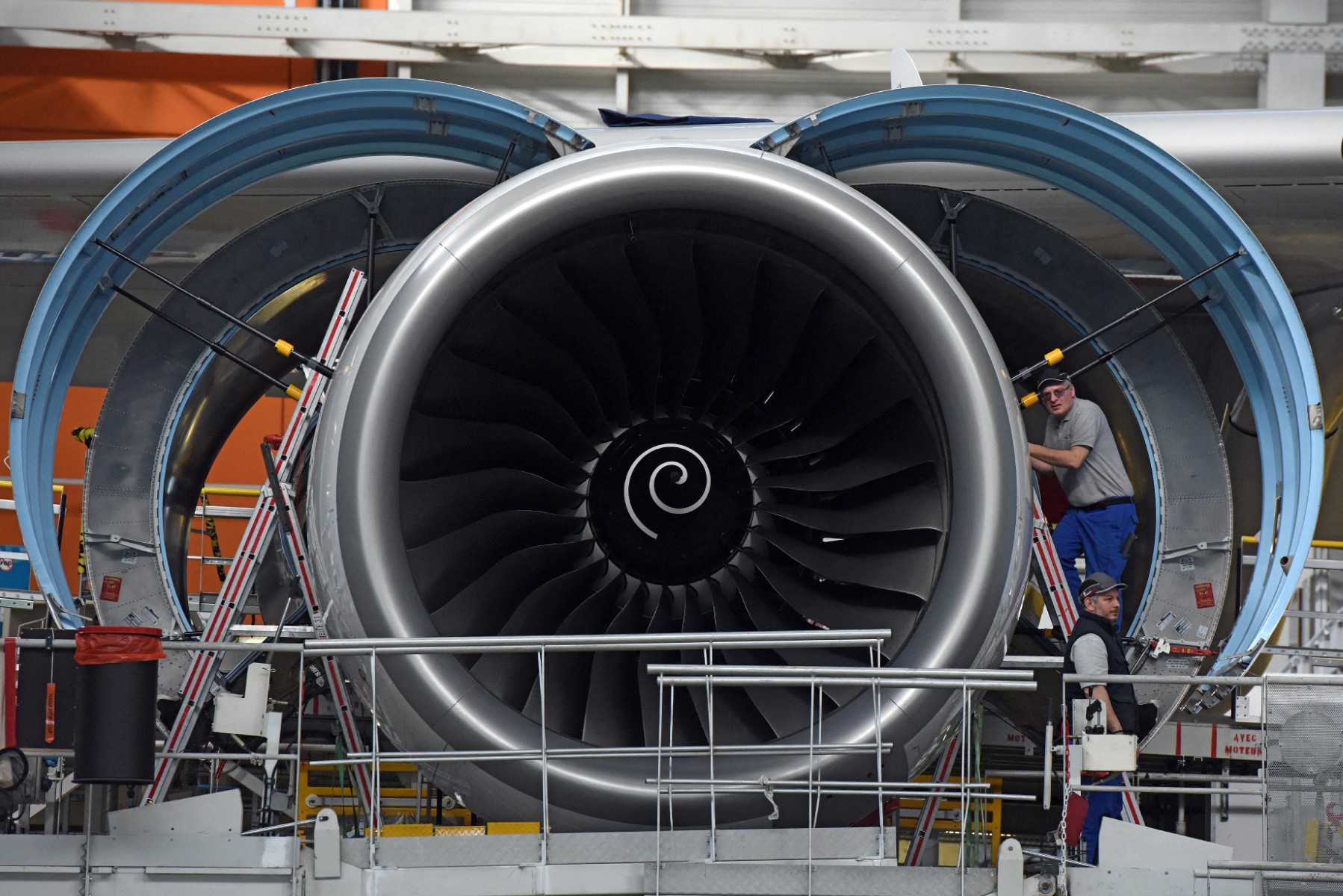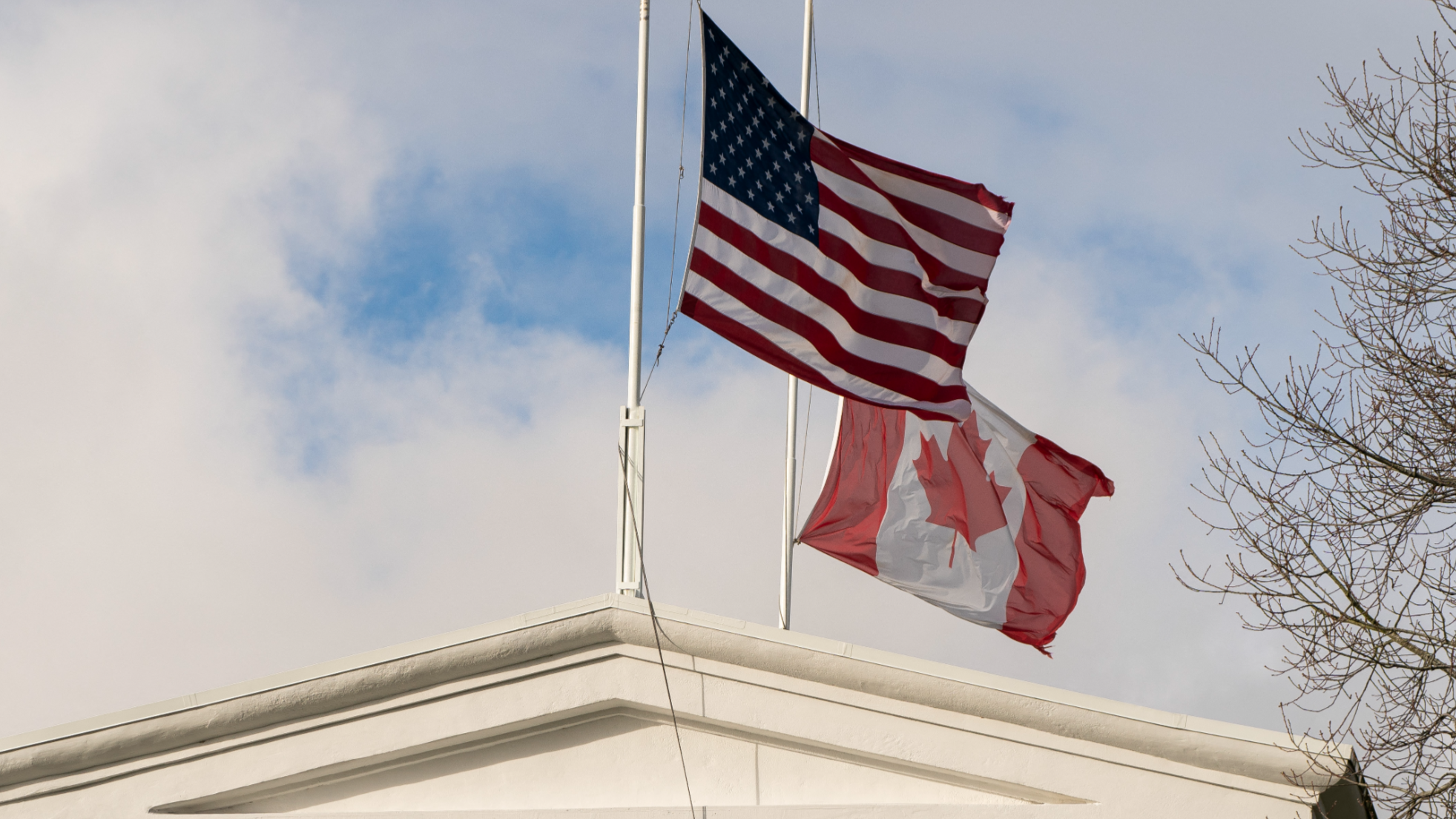
MONTREAL/CHICAGO - Cars, consumer goods, and industrial equipment have been delayed at ports, stuck on rail cars, and languished in warehouses at times over the last few months due to the White House's on-again, off-again tariff policy.
Planes and their engines are usually ordered by US buyers years in advance, and tariff confusion risks delaying shipments of both, even if the industry has not been directly targeted for duties, sources told Reuters. The frequent changes and added costs are stressing a supply chain that has wrestled with shortages of parts and labor.
Outside Montreal, workers at Airbus' Canadian plant assembled a single-aisle A220 jet over the last several months, even as the shifting tariff policy made it unclear whether the plane would go to its intended customer, Delta Air Lines, with or without a 25 percent duty.
The rapidly changing landscape means Delta might receive the 130-seat plane without tariffs, or could owe duties to the US government for parts made outside the United States. The aircraft is expected to be delivered in June, according to aviation analytics firm Cirium.
Delta and Airbus declined comment on whether the A220 jet would be subjected to the levy.
Tariffs have rarely been an issue for aerospace. Aside from an 18-month transatlantic tariff war over Airbus and Boeing subsidies in 2020 and 2021, the industry has operated under a 1979 treaty guaranteeing zero-duty trading that includes the US and Canada, but not Mexico.
ALSO READ: Big pharma fears best-selling drugs in crosshairs of US-EU tariff spat
But President Donald Trump's frequent tariff changes during assembly of this A220 jet illustrate how his strategy adds risks for planemakers and airlines alike.
In early February, as Airbus employees in Mirabel, Quebec, worked on the plane's interior near the start of the assembly line, a source said, Trump threatened a 25 percent tariff on goods imported from Canada and Mexico. The levy would have raised the cost for Delta substantially on a plane worth about $40.5 million, according to Cirium delivery data from 2024.

Shifting tariff policy
Just before that tariff was to go into effect, Trump delayed it for 30 days, and then said goods compliant with the Trump-negotiated US-Mexico-Canada Agreement would be exempt from duties. Those requirements forced Canadian aerospace companies to scramble to sort out paperwork they had not previously needed.
This particular plane, recently painted in Delta's colors, was believed to comply with the 2020 agreement, and hence exempt from tariffs, industry sources said. Canada's Bombardier has said its jets are compliant, and they have been delivered to US clients without duties, one of the sources told Reuters.
But the confusion was so great that at a recent factory meeting, Airbus told workers the tariff situation was complex and constantly evolving, according to a source who attended.
Tariffs could also lead to heated negotiations between manufacturers and airlines over who pays. Delta said on Wednesday it would defer deliveries instead of paying tariffs as it tries to control costs in the face of slowing travel demand.
"The one thing that you need to know we're very clear on is that we will not be paying tariffs on any aircraft deliveries," CEO Ed Bastian told analysts. "We've been clear with Airbus on that, and we'll work through and see what happens."

'Unprecedented uncertainty'
As of the end of 2024, Delta estimated it would receive 43 aircraft from Airbus. A number of those jets were expected to come from its production lines outside the US.
Airbus' CEO Guillaume Faury warned in February the company could prioritize deliveries to non-US customers if tariffs were to disrupt imports.
After Trump announced a 90-day pause on many tariffs on Wednesday, Treasury Secretary Scott Bessent suggested Canada would face a 10 percent tariff along with other countries, before a White House official clarified there was no change.
The tariff confusion has roiled the industry. Some shipments of RTX engines from one of its Canadian units to US clients were temporarily delayed as the company procured paperwork to prove USMCA compliance, two senior industry executives said. RTX declined comment.
READ MORE: Fallout of hefty levies expands amid strong opposition
Trump's policy has caused "unprecedented uncertainty" that has also stalled travel demand, Bastian said on Wednesday, warning the economy would lose steam until the tariff-induced uncertainty was resolved.
"I hope our leaders in Washington are paying attention," he said.


